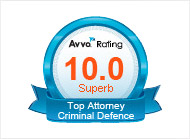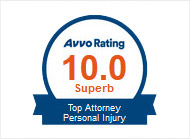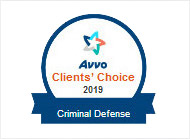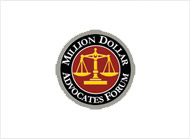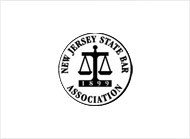
Recover Damages for Defective and Dangerous Product
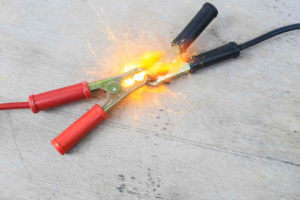
When you purchase a consumer product, whether it’s an automobile, appliance, toy, pharmaceutical product or piece of athletic equipment, you expect that the company marketing the product has thoroughly tested it and has designed and manufactured the product in ways that don’t put your health or your life at risk. Unfortunately, in the race to be the first to market with a new device, many manufacturers simply don’t conduct the necessary due diligence to product the public. If you or someone you love has been hurt using a dangerous or defective consumer product, here are the ways you can seek damages for your losses.
A Defective Design Claim
A defective design claim alleges that manufacturers did not reasonably consider whether the configuration or design of the product would increase the likelihood of injury caused by the product. With a defective design claim, you are essentially saying that, regardless of how well made the product is, its design unreasonably creates a risk of injury. An example would be a motor vehicle where the design, whether it’s a high center of gravity or the use and location of only three wheels, leads to an unreasonable risk of rollover.
A Claim That the Product Was Defectively Manufactured
A claim that a product was defectively manufactured may be based on several different failures. The product may have been correctly fabricated or assembled but with substandard materials or parts. The product may have been negligently manufactured, with parts missing, or in the wrong place. The manufacturer may have failed to put procedures in place to ensure quality control of the product. Examples include tires caused by substandard rubber or toys with missing parts.
Allegations That the Manufacturer Did Not Include Adequate Warnings
These claims generally involve accidents that occur when products are used in ways not obvious to the user. For example, if a manufacturer reasonable expects that someone will try to stand on a product but knows that the product is not designed to hold that much weight, the manufacturer will reasonably be expected to warn purchasers of that risk.
Contact Us
At the law offices of Gregg A. Wisotsky, Esq., Partner, Javerbaum Wurgaft Hicks Kahn Wikstrom & Sinins, PC, we offer a free phone consultation to every prospective client. For a complimentary evaluation of your case, contact our office online or call us at 973-898-0161. We will come to your home or the hospital to meet with you, if necessary. All major credit cards are accepted.
Happy Thanksgiving 2017
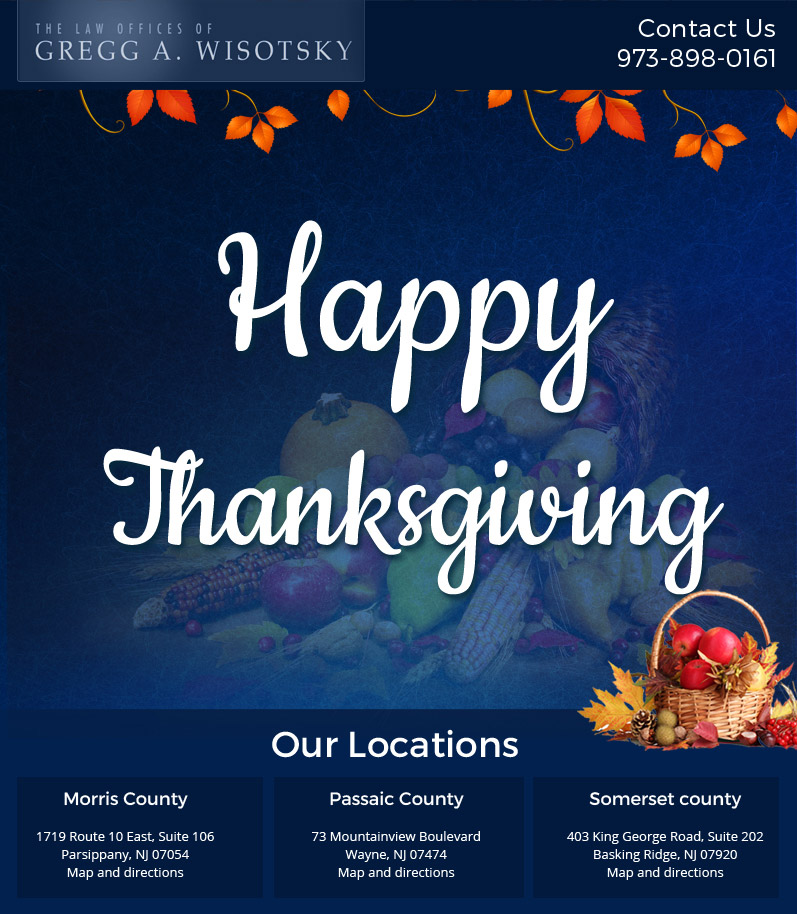
The Timeline in a Personal Injury Lawsuit – Part Two
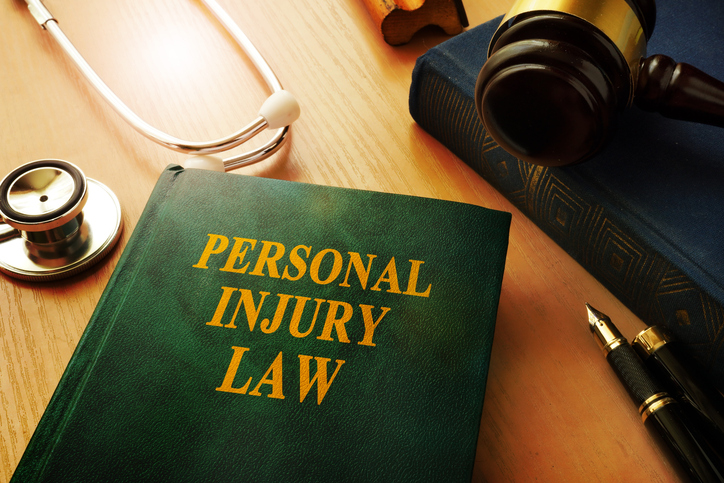
So you’ve filed your personal injury lawsuit, you’ve had your initial conference with the judge and you’ve completed discovery. There are still several steps to complete before a trial can begin.
The Motion Phase of a Personal Injury Lawsuit
Trials can be expensive and time-consuming, so there’s an incentive on everyone’s part to resolve as many issues as possible prior to opening arguments. One of the ways that a court can streamline the trial process, or avoid it entirely, is through pretrial motions. There are two specific types of pretrial motions — dispositive motions and evidentiary motions.
Dispositive Motions
A dispositive motion seeks to preclude the need to resolve some or all of the issues being contested. Such a motion may be filed by the plaintiff (party bringing the lawsuit) or by the defendant. When the plaintiff files a dispositive motion, it’s essentially arguing that the discovery process has produced no evidence to support a viable defense. If the court agrees, the court may issue summary judgment (immediate relief) in favor of the plaintiff.
The defendant can also move to dismiss some or all of the allegations in a complaint. Similarly, the defendant will attempt to show the court that the plaintiff has failed to produce evidence to support a claim. The court may dismiss some claims and allow others to go forward.
Evidentiary Motions
During the discovery process, the rules of evidence are not as rigorously enforced. This is because there’s no possibility of unfairly affecting a jury’s decision with inadmissible evidence, since jurors are not present. However, evidence that may be disclosed during discovery may not be admissible in court—it may be opinion, it may be hearsay, it may be speculation. If that evidence is heard by jurors, it can taint the outcome. Accordingly, the court wants to make determinations of admissibility before trial, so that the rulings aren’t made in the presence of the jury.
Contact the law offices of Gregg A. Wisotsky, Esq., Partner, Javerbaum Wurgaft Hicks Kahn Wikstrom & Sinins, PC.
We offer a free phone consultation to every prospective client. For a complimentary evaluation of your case, contact our office online or call us at 973-898-0161. We will come to your home or the hospital to meet with you, if necessary. All major credit cards are accepted.
Happy Halloween 2017!

Strict Liability in New Jersey
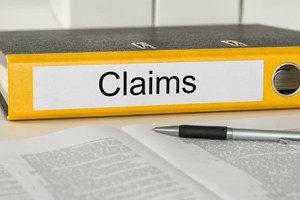
Though it’s possible to bring a personal injury claim for the intentional or reckless acts of another person, in practice the vast majority of claims for damages are based on a legal theory of negligence, where the defendant’s conduct simply didn’t meet the standard expected by a reasonable person. There are situations, however, where a person may be found liable without the need to show negligence — these types of claims fall under a legal concept known as “strict liability.” As a general rule, strict liability offenses are statutory in nature. That means that the legislature has enacted a written law establishing liability for the specific act. The concept of strict liability is commonly applied to activities that are considered so inherently dangerous that anyone engaging in them must assume all potential liability for injuries resulting from the activity. Accordingly, there’s typically no measure of diligence or care that such a person can use to avoid liability. Most strict liability statutes have two requirements to establish responsibility for losses:
- That the defendant was engaged in the activity described in the statute
- That the plaintiff suffered injury because of the defendant’s engagement in the activity described therein
- There are, however, two potential defenses to a claim of strict liability — contributory negligence and assumption of risk.
- An assertion of contributory negligence alleges that the injured party contributed to his or her own injury. Depending on the degree to which the plaintiff contributed to the accident, and the jurisdiction, contributory negligence may absolve a defendant of liability.
- Assumption of risk holds that there are certain activities that require that anyone engaged in them assume some of the risk of potential injury.
The types of activities commonly addressed in strict liability statutes include such things as owning or harboring wild animals, transporting or manufacturing explosives or fireworks or working with hazardous chemicals.
Contact Us
At the law offices of Gregg A. Wisotsky, Esq., Partner, Javerbaum Wurgaft Hicks Kahn Wikstrom & Sinins, PC, we offer a free phone consultation to every prospective client. For a complimentary evaluation of your case, contact our office online or call us at 973-898-0161. We will come to your home or the hospital to meet with you, if necessary. All major credit cards are accepted.
The Timeline in a Personal Injury Lawsuit – Part One
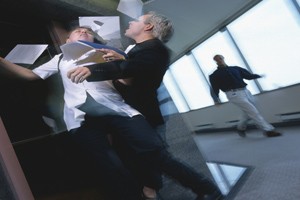
When the carelessness or negligence of another person causes you to suffer loss, either through personal injury or property damage, you have a right to pursue monetary compensation (known as “damages”). Often, you need the compensation soon, as you may be unable to work or to afford the costs of medical care. Unfortunately, recovering full and fair compensation for personal injury is a process that can take time. In this series, we’ll look at the steps along the way to trial.
Commencing a Personal Injury Action
A personal injury lawsuit starts when you file a complaint. The complaint tells the court what happened, as well as what you need to be made whole. The complaint must be filed in the appropriate court and all defendants must be properly served with a copy of the complaint. The complaint should be filed as soon as practicable after the accident, as memories can fade and witnesses can disappear. When you file the complaint, your attorney can use the power of the court to compel witnesses to testify, and to obtain other relevant evidence. You must file the lawsuit within a specific period set forth by statute, known as the “statute of limitations.” In New Jersey, the statute of limitations for personal injury is two years from the date of injury or discovery of injury, whichever is later.
Once the complaint is filed, the defendants have a specified period — usually 30 days — to file an answer to the complaint. If a defendant fails to do so, you can pursue a default judgment.
The Discovery Period
If the complaint and answer have been filed in a timely manner, the judge will typically schedule a first meeting with the parties. The function of this meeting is to allow the judge to learn a bit about the case, to determine the likelihood of a settlement and to establish rules and a timeline for discovery. Discovery is a legal term that refers to the gathering of evidence. It’s typically done in three ways:
- Depositions — Oral examination of witnesses, transcribed by court reporters
- Interrogatories — Written questions submitted by one side, which typically must be responded to in writing
- Requests for production of documents
Contact the law offices of Gregg A. Wisotsky, Esq., Partner, Javerbaum Wurgaft Hicks Kahn Wikstrom & Sinins, PC.
We offer a free phone consultation to every prospective client. For a complimentary evaluation of your case, contact our office online or call us at 973-898-0161. We will come to your home or the hospital to meet with you, if necessary. All major credit cards are accepted.
Determining if Your Injury Is Work Related – Part Two

To qualify for workers’ compensation benefits in New Jersey, you must meet two requirements: you must prove that you suffered an injury and that the injury happened during the normal course of your employment. In an earlier blog, we addressed whether you can seek workers’ compensation benefits for injuries suffered on a break or while traveling. What your rights when you are injured at company event, or as a consequence of misconduct?
Injuries Incurred at a Company Event
If your employer sponsors an event — a ropes course, indoor mountain climbing, tennis or golf, for example — and you suffer an injury at the outing, can you file a Workers’ Compensation claim? In most instances, you’ll meet the test to recover benefits through a Workers’ Compensation claim. There are exceptions, however. For example, if you were engaging in some activity that was inherently dangerous and not endorsed or supported by the company — suppose you were staging golf cart races and your cart turned over — your employer probably wouldn’t be responsible, unless the company provided alcohol and you were inebriated at the time.
Injuries Caused by Your Negligence or Carelessness
What if you were hurt while engaging in some type of activity or conduct that is clearly in violation of workplace safety rules? In most instances, you would still have a right to pursue Workers’ Compensation claims, because Workers’ Compensation laws are customarily no-fault laws — your right to benefits isn’t based on who is at fault, only on whether you were injured, and it was in the course of your employment. There are some exceptions to this rule — you can’t recover for selfinflicted injuries, but you can often recover if your job aggravates a preexisting condition.
Contact Us
at the law offices of Gregg A. Wisotsky, Esq., Partner, Javerbaum Wurgaft Hicks Kahn Wikstrom & Sinins, PC, we offer a free phone consultation to every prospective client. For a complimentary evaluation of your case, contact our office online or call us at 973-898-0161. We will come to your home or the hospital to meet with you, if necessary. All major credit cards are accepted.
Determining if Your Injury Is Work Related – Part One
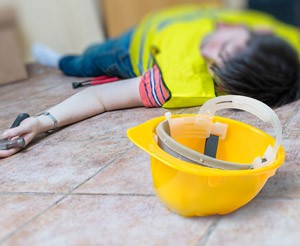
Under New Jersey law, you must meet two requirements to successfully recover workers’ compensation benefits in New Jersey: you must demonstrate that you were injured and that the injury occurred during the performance of normal duties of the job. Often, it’s not an issue. For example, if you are hurt when a machine malfunctioned at work or you slipped and fell while doing your job, if you can show injury resulting from repetitive stress or motion at work, or an illness caused by exposure to a toxic substance that led to an illness, you should qualify for benefits. But there are times when you’re hurt at a work-related function or while on the premises of your employer where the answer may not be so clear
Injuries Suffered While on a Break
There are laws that require your employer to allow you to take periodic breaks, including meal breaks. What happens if you slip on the floor at the company cafeteria? Is it any different if you fall and hurt yourself at while at an offsite restaurant? Not surprisingly, “it depends.”
If you choose to leave your place of employment to get something to eat, any injuries you suffer on the way to, from or at the restaurant will generally not be covered under a Workers’ Compensation claim. However, if you were getting food for a company luncheon or your boss asked you to pick him up some lunch, you may successfully argue that you were on a work-related task when you were hurt.
If, on the other hand, the injury occurs at a dining facility on company property, you will probably have a valid Workers’ Compensation claim.
Injuries Suffered During Company-Related Travel
Injuries suffered on your drive to or from work are generally not covered, unless you deviated from your normal route to perform some work-related task. For example, if your supervisor asks you to pick up donuts for the office and you are hurt in a motor vehicle accident while on your way to or from the donut shop, you may have a claim.
If you are on a business trip and suffer an injury, you will probably be able to recover Workers’
Compensation, unless your employer can show that the activity you were engaged in had nothing to do with work or the trip. For example, if you are injured in a brawl at a nightclub while on a business trip, your employer will probably be able to successfully argue that you were involved in a personal activity (unless you were entertaining clients at the time).
Contact the law offices of Gregg A. Wisotsky, Esq., Partner, Javerbaum Wurgaft Hicks Kahn Wikstrom & Sinins, PC.
We offer a free phone consultation to every prospective client. For a complimentary evaluation of your case, contact our office online or call us at 973-898-0161. We will come to your home or the hospital to meet with you, if necessary. All major credit cards are accepted.
Recovering Medical Costs After a Car Accident in New Jersey

In the aftermath of a motor vehicle accident, one of the first things you often worry about is how your medical bills will be paid. There are a couple ways this can be handled in New Jersey, depending on the type of automobile insurance policy you purchase.
In New Jersey, no-fault motor vehicle insurance is optional. If you choose no-fault coverage, you look to your own insurance provider to recover for any losses suffered in a collision. Your insurer will typically seek reimbursement of any amounts paid out from the at-fault party’s insurer, under a legal proceeding known as subrogation. But your insurer will reimburse you for all medical and other losses related to the accident.
In New Jersey, though, unlike many other states with no-fault laws, you have a choice — you can select no-fault coverage, or you can obtain a “traditional” policy of automobile insurance. If you opt for the traditional policy, you still have the right to sue the other party or the other party’s insurance provider directly.
In addition, there’s a provision in the New Jersey law that permits an injured motorist to file a personal injury claim directly against an at-fault driver or that driver’s insurance provider. If you can show that you suffered “serious injury” — defined under the statute to involve “dismemberment, significant disfigurement or scarring, displaced fractures, or the loss of a fetus — you will not be limited to pursuing a claim with your insurance carrier, but you may file a civil lawsuit against the wrongdoer and/or his or her insurance company.
Contact the law offices of Gregg A. Wisotsky, Esq., Partner, Javerbaum Wurgaft Hicks Kahn Wikstrom & Sinins, PC.
We offer a free phone consultation to every prospective client. For a complimentary evaluation of your case, contact our office online or call us at 973-898-0161. We will come to your home or the hospital to meet with you, if necessary. All major credit cards are accepted.
- « Previous Page
- 1
- …
- 13
- 14
- 15
- 16
- 17
- …
- 24
- Next Page »





